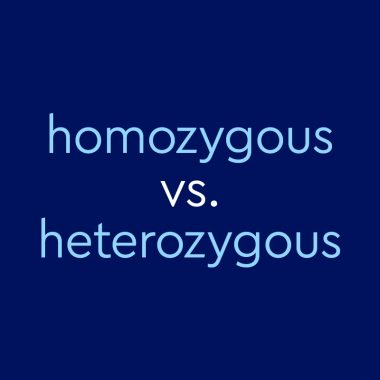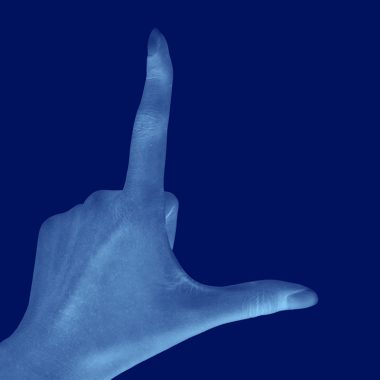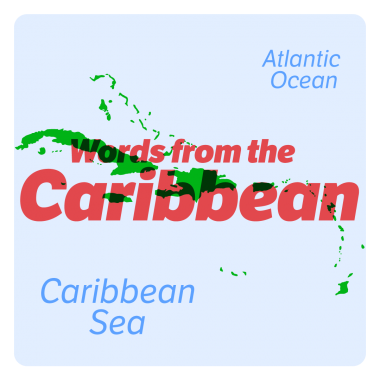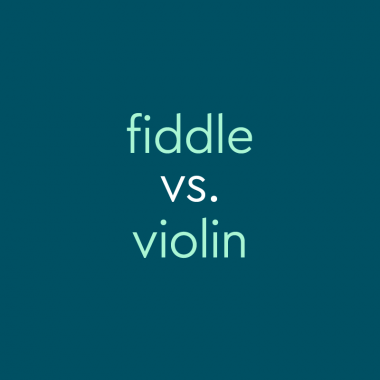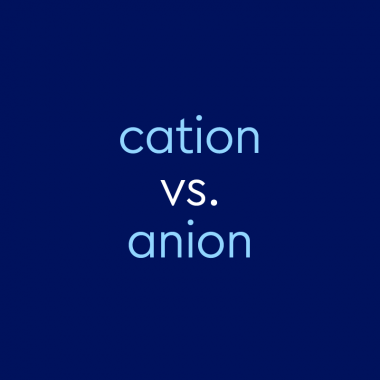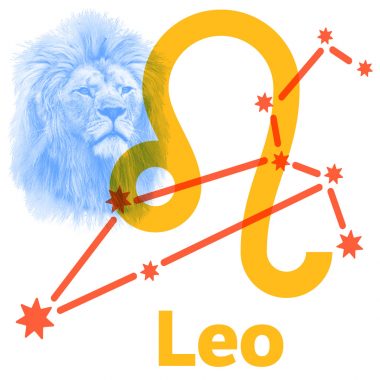Homozygous vs. Heterozygous: What’s The Difference?
Heterozygous and homozygous are terms used in biology and genetics to indicate whether a living thing has two of the same copies of a gene for a particular trait, or whether it has two different ones. For example, let’s say one parent has black hair, and one has brown hair. One of their children might get two copies of the black hair gene, while another …
